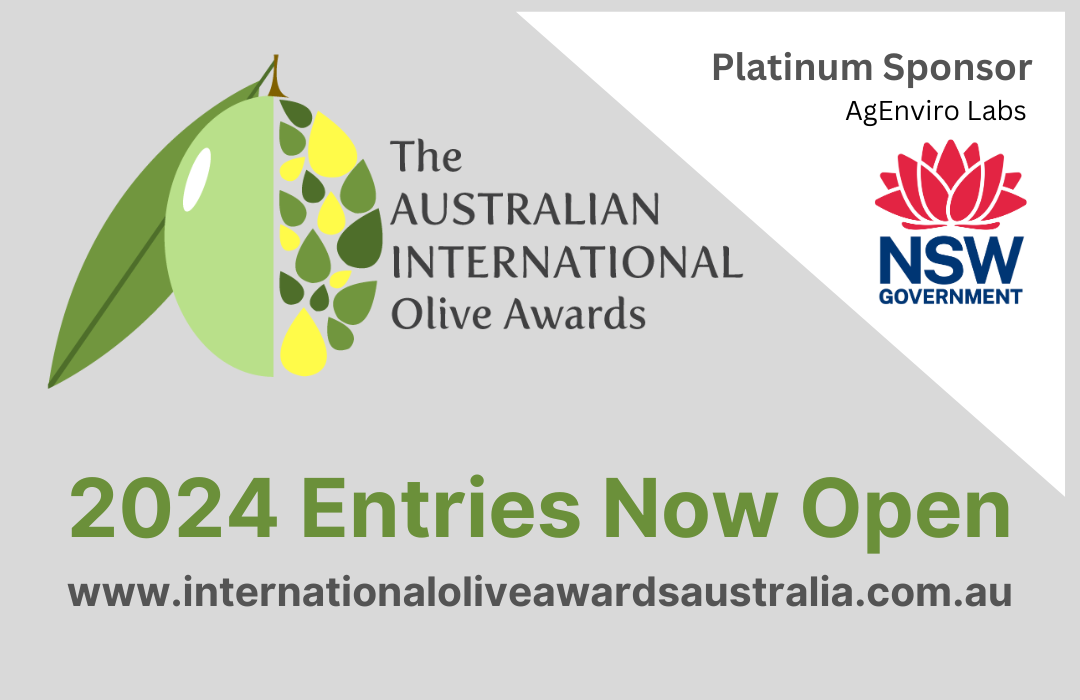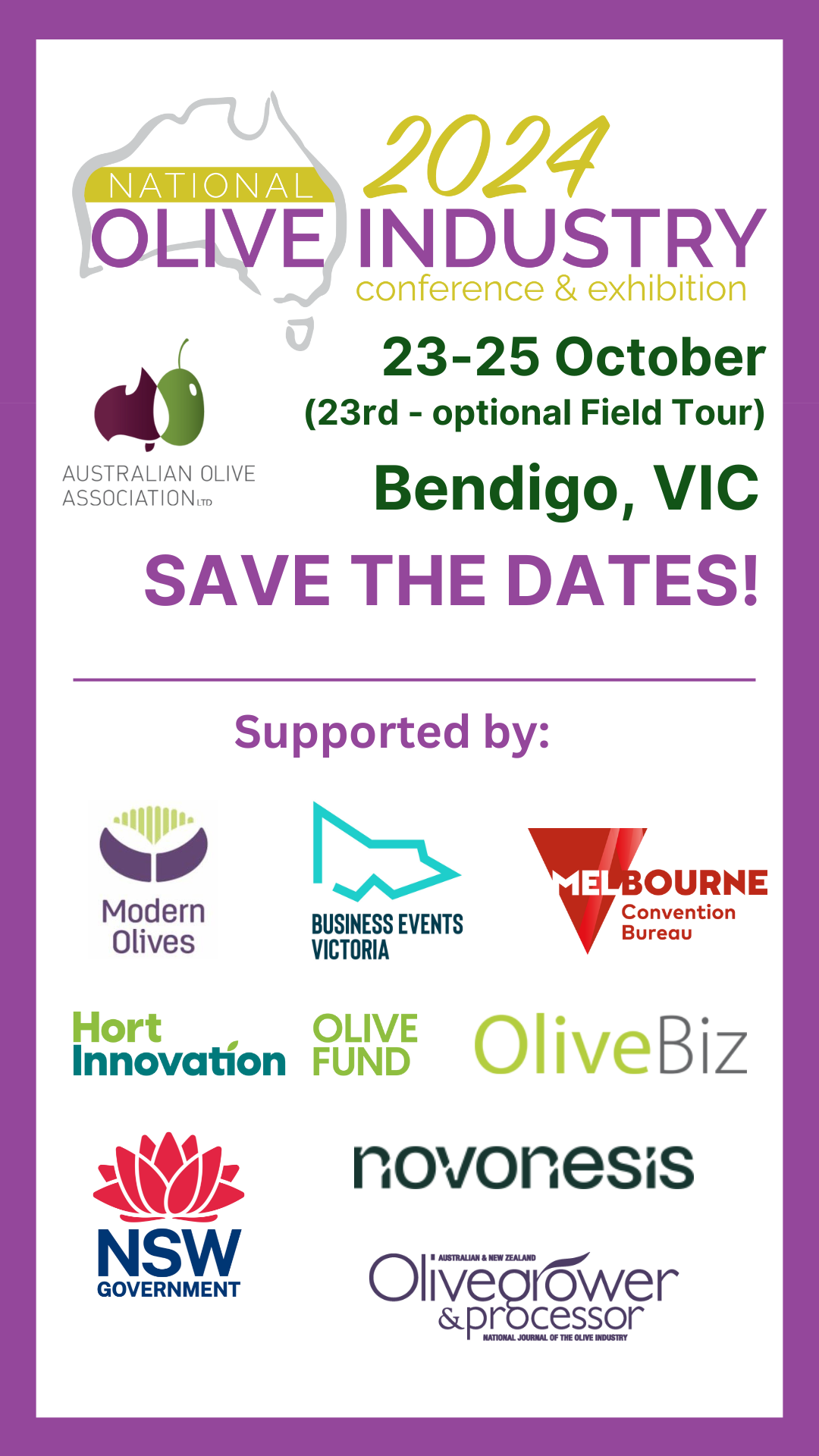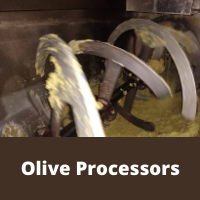Extra Virgin, Light. Olive oil. Pure. Confusion continues to plague the consumer gazing at the crowded olive oil shelves. With so many types of olive oil on the market, how can the average shopper separate the best olive oils from the rest?
According to recent research conducted on behalf of the Australian Olive Association (AOA) and the Australian Government Rural Industries Research and Development Corporation (RIRDC), 61 per cent of Australians do not know how to gauge the quality of olive oil.
Paul Miller, president of the AOA, believes it is important for Australian consumers to be aware of the different types of olive oils and the true meaning behind these labels.
“There is considerable confusion around what olive oil is the best in regards to flavour, quality and health benefits. Consumers need to understand the differences between the several types of olive oil on the market to ensure they are buying a superior product,” said Paul.
Paul explains the different types of olive oil to help Australian consumers make a more informed decision when next purchasing this essential cooking ingredient.
Extra virgin olive oil
This oil is the top of the range in terms of health benefits and flavour. It is rich and diverse in protective antioxidants which help lower bad cholesterol and maintain the beneficial HDL cholesterol.
Extra virgin olive oil is the natural oil from quality olives that have been picked straight off the tree and extracted as soon as possible without the use of chemicals or excessive heat.
To be extra virgin, the oil must have a perfectly balanced flavour and aroma with a free acidity level of no more than 0.8%.
The AOA has developed a Code of Practice and Australian Extra Virgin brand that support quality, authenticity and confidence in the Australian olive industry. Only the olive oils that pass flavour and chemical testings are able to display the Code of Practice certification symbol on their product. These oils are also tested off the shelf during their time in the marketplace as an added check on their quality.
Virgin olive oil
Rarely seen in retail outlets, virgin olive oil is a trade classification indicating oil that is slightly lower in quality than extra virgin olive oil containing free acidity levels of no more than two per cent but still produced without refining.
Olive oil
This is the middle of the range oil. This oil is a blend of refined oil with some virgin oil and has a mild olive flavour.
The term ‘refined’ means that the oil began its life unfit for human consumption and had to be put through an oil refinery to make it edible.
Refined oil is regarded as lower quality than extra virgin. For an oil to be classified as extra virgin olive oil or virgin olive oil, it cannot contain any refined oil.
‘Pure’ or ‘light’ olive oil
A common misconception surrounds these types of olive oil. The words ‘pure’ and ‘light’ can mislead consumers into believing that these oils are healthier options and that ‘light’ oil contains fewer calories.
However, ‘pure’ or ‘light’ olive oil contains the same number of calories as other types of olive oil – 115 calories per tablespoon.
‘Pure’ or ‘light’ olive oils have been made through an oil refinery process and lack the natural antioxidant content of extra virgin olive oils.
The word ‘light’ is claimed to refer to the oil’s ‘light’ or minimal colour, aroma and flavour – these natural attributes of extra virgin olive oils are stripped out in the oil refinery processes that make ‘light’ olive oils low grade products.
‘Cold pressed’ or ‘cold extracted’ olive oil
The vast majority of extra virgin olive oils produced throughout the world today, including in Australia, are made by crushing the olives and centrifuging the pastes rather than with simple presses. As such, the term ‘cold pressed’ is not completely accurate and the industry believes that it is more appropriate to refer to this oil as ‘cold extracted’.
Olive oil that is ‘cold extracted’ is still extracted without the use of additional heat.
The Australian Olive Association was founded in 1995 as the industry body to encourage research and dissemination of information and the sustained development of a national olive industry in Australia.
More information on Australian Extra Virgin is available at http://www.australianextravirgin.com.au <http://www.australianextravirgin.com.au/> or by calling (02) 9863 8735.




